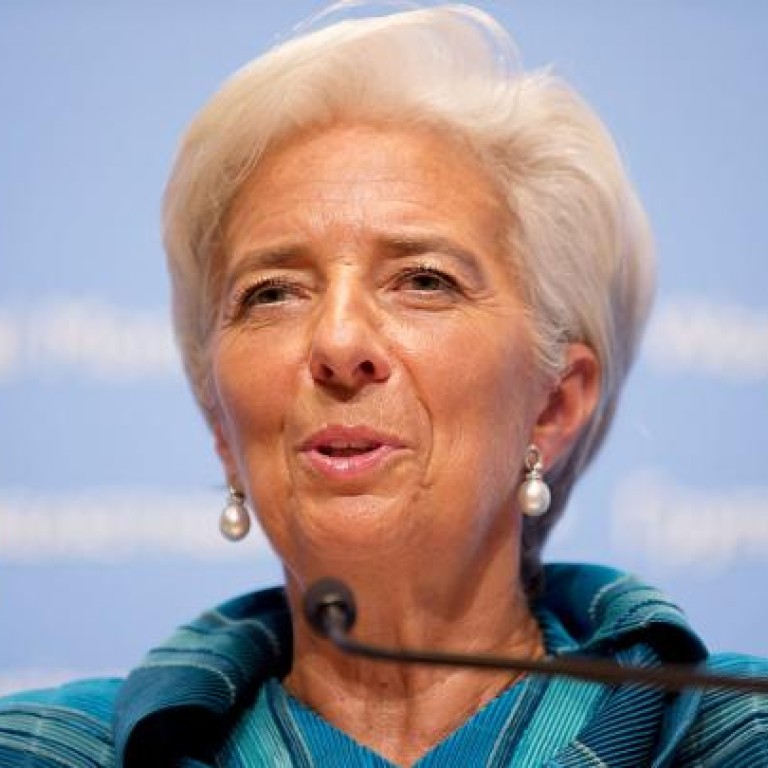
Greece needs two more years to fix economy: Lagarde
Greece’s badly stressed economy will need a further two years before it is righted, the IIMF’s managing director said on Thursday in Tokyo.
Greece’s badly stressed economy will need a further two years before it is righted, the International Monetary Fund’s managing director said on Thursday in Tokyo.
Christine Lagarde told a news conference it would take time before Athens is able to reduce its deficit to agreed levels.
“Instead of frontloading heavily it is sometimes better, given the circumstances and the fact that many countries at the same time go through that same set of policies with the view of reducing their deficits, it is sometimes better to have a bit more time,” Lagarde said.
“This is what we’ve advocated for Portugal, this is what we’ve advocated for Spain and this is what we are advocating for Greece. I have said repeatedly that an additional two years was necessary for the country to actually face the fiscal consolidation program.”
Greece is going through a painful round of austerity and spending cuts imposed on the country in return for promised loans and debt relief worth about 347 billion euros (US$448 billion).
The belt-tightening has forced Greece into its fifth year of recession, with contraction of 3.8 per cent forecast for 2013.
About one in five people are unemployed in the country, and many of those who still have jobs saw their pay slashed.
Greece has agreed to reduce its public deficit to 2.1 per cent of its gross domestic product by 2014. Last year, the deficit stood at 7.3 per cent.
The IMF says Greece’s public debt stands at 170 per cent of GDP, one of the worst fiscal pictures globally and a figure expected to rise to nearly 182 percent in 2013.
Lagarde’s comments shortly after German chancellor Angela Merkel, the head of Europe’s paymaster, was vilified in Greece during a visit, with protesters brandishing banners comparing her with a Nazi.
Shortly before her arrival, Greece’s international creditors -- the International Monetary Fund, European Union and European Central Bank -- piled further pressure on Athens to live up to its austerity pledges made in exchange for crucial loans.
Greece is counting on a positive outcome from the EU-IMF talks to unblock a 31.5-billion-euro instalment from Greece’s EU-IMF bailout package, which is needed to recapitalise banks and repay outstanding domestic debts in a country that is heading for a sixth straight year of recession.
Greek Premier Antonis Samaras said Friday his country could not take more bitter medicine and warned that if the next aid tranche did not arrive soon, state coffers would be empty by November. Greece’s debt amounted to about 160 per cent of gross domestic product in 2011, according to official figures.
International creditors on Monday gave Athens an October 18 deadline -- the date of the next European Union summit -- to implement reforms in exchange for the next slice of the loan, which has been pending since June.
“We stressed that before the next disbursement, Greece clearly and credibly should demonstrate its commitment to fully implement the programme,” Eurogroup chairman Jean-Claude Juncker said at the close of talks with finance ministers from the 17-nation single currency area.
